Part Four: The Water Fairy and the Orphans'Now we are going to see another very interesting fairy,' said Paul, 'It is a Water Fairy, and Water Fairies normally live beside lakes, rivers, and canals.'
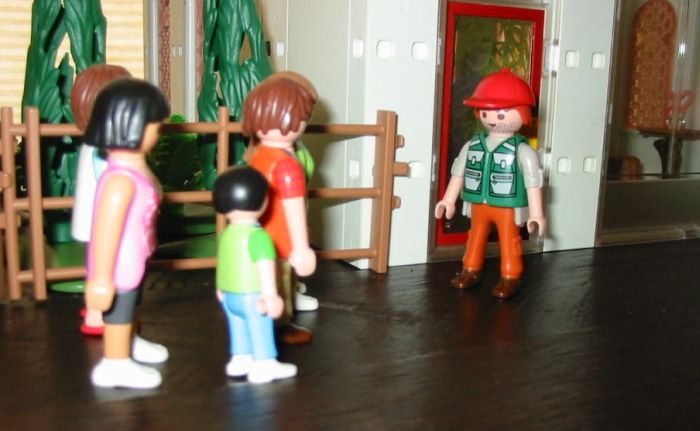
'Yoo Hoo, Water Fairy!' called Timothy.
'Water Fairies seldom communicate with humans,' said Paul, 'but they very frequently play tricks upon them. On land, while no one is looking, they steal picnic food and kick footballs into the water. And in the water, they entangle or cut fishing lines, fill fishing nets with weeds, and trap anchors under stones. They fly fast and can swim and dive well.'
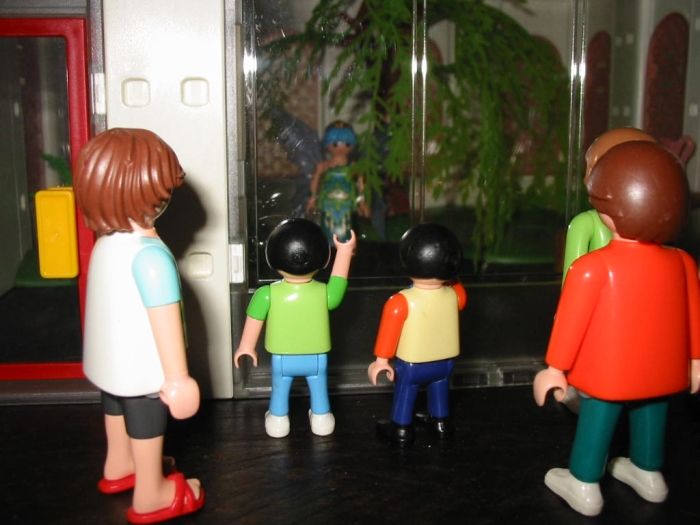
'You will notice that Water Fairies have streamlined wings, and that, like Border Forest Fairies, they enjoy decorating themselves with body art.
'They are very attractive looking fairies, but because of their love of tricks, we have to think carefully about where we are going to release them back into the wild. They are not popular on recreational waters.'
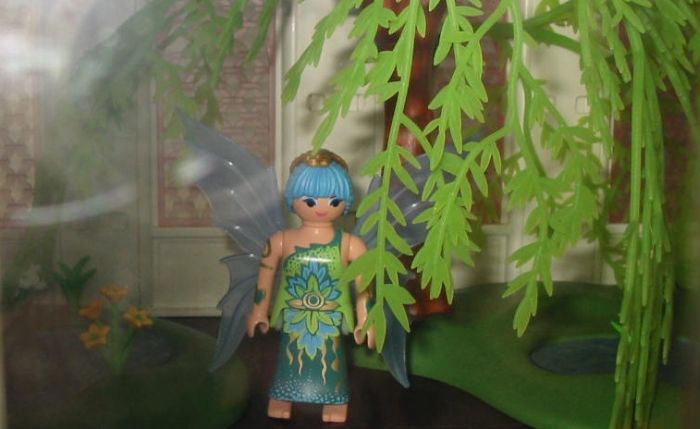
'As you can see,' continued Paul, 'We have woefully little water for our Water Fairy pen. We desperately need to dig a large lake, and build a Water Fairy pen around that. At the moment, due to the lack of space and water, we are having to turn away Water Fairies in need, and that is a dreadful situation for them.
'Sometimes they are referred to us because they have been hit by boats; and sometimes we are asked to clear them from a private river, where they are becoming a nuisance to the people who use that river. In these cases, when we don't have room for them, well, you can imagine that they may be treated like a pest. Unfortunately, Water Fairies are not a protected species, and therefore pest control can be used.
'We do have a special section on our Donation Form for donations to help protect the Water Fairies.'
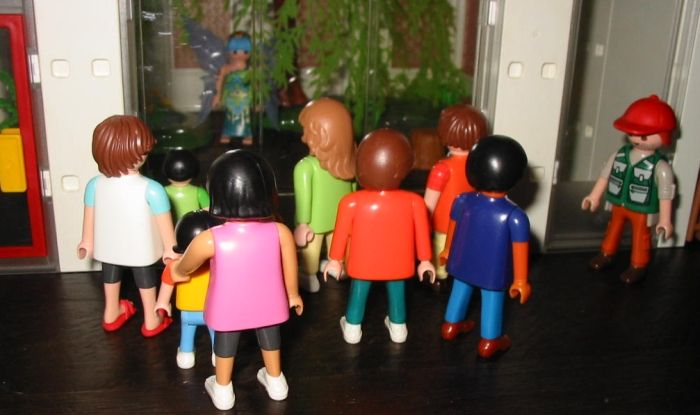
'Now do please follow this path to see one of the highlights of your tour: the Orphan Fairies,' said Paul.
'Bye bye Poor Unwanted Water Fairy,' said Timothy.
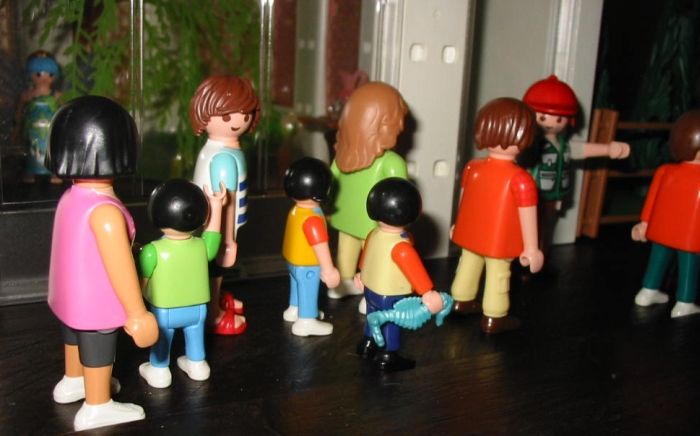
'These are our current orphans,' said Paul, 'And as you can see, they have no shyness around humans.'
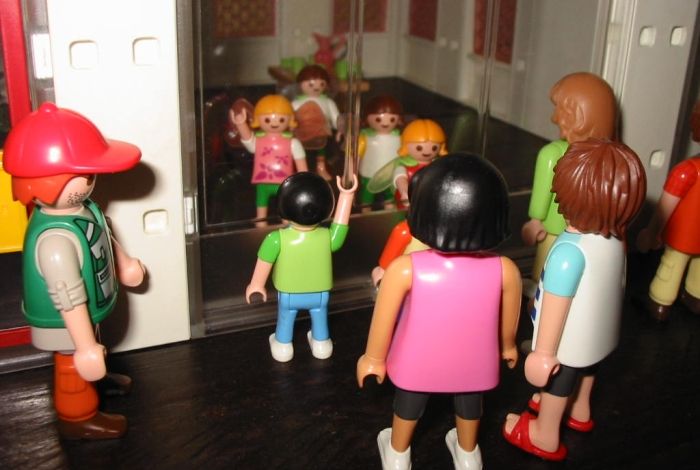
'Fairy offspring are born as children, not as babies,' explained Paul, 'And they are born already knowledgeable and with many skills. Nonetheless, they do need the protection and guidance of their mothers, and if they are orphaned, they are very vulnerable.
'Other fairies in their mother's community may adopt an orphaned daughter - but if the orphan is somehow separated from the community, it is unlikely that an unrelated community would accept a strange fairy child - especially if they are from a different species.'
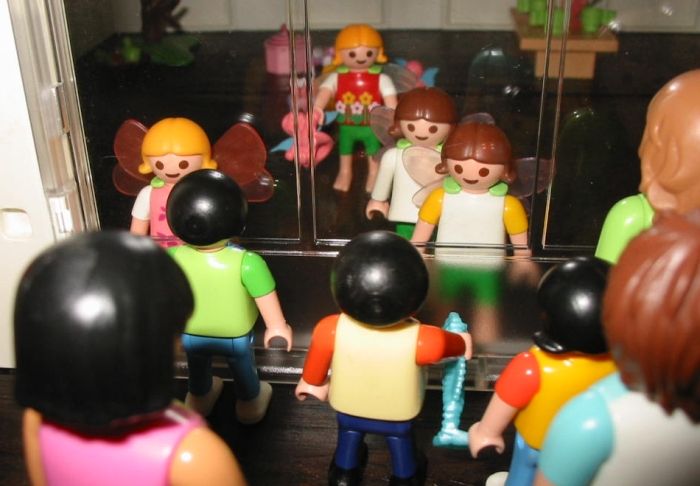
'Young fairies look very alike, but even at this early age there are some slight differences in their wings,' said Paul.
'On your left, wearing pink, we have a young Meadow Fairy. The two brown-haired fairies are Common Forest Fairies; and the other one, wearing red, is a Garden Fairy. Although young Garden Fairies and young Common Forest Fairies have very similar shaped wings, young Garden Fairies carry their wings slightly pointing down, whereas young Common Forest Fairies carry their wings pointing upwards.
'We will keep these orphans with us until they are full grown - this is a committed project for which we need much support. So as well as the opportunity for making other regular donations, we can offer you the chance to Support An Orphan Fairy through a monthly plan of giving. Schools and workplaces can also contribute in this way and, in return, will receive quarterly newsletters containing updates on the orphans, which will raise further awareness of their needs.'
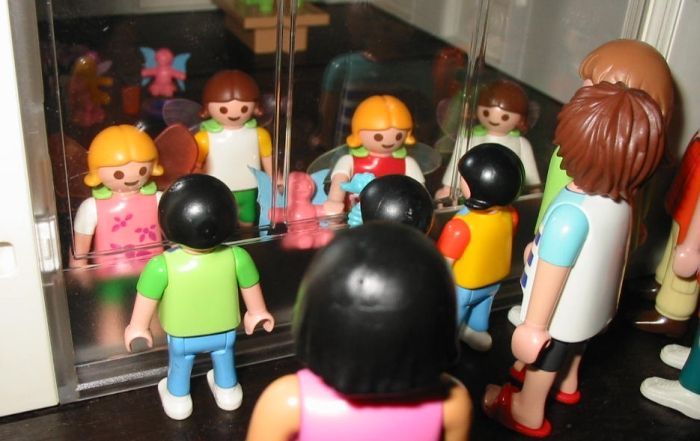
'Can we adopt an orphan fairy, Mummy?' Timothy asked, 'I mean really adopt one and take her home.'
'I don't think they are available for adoption, Timothy darling!' laughed his mother, Ruth.
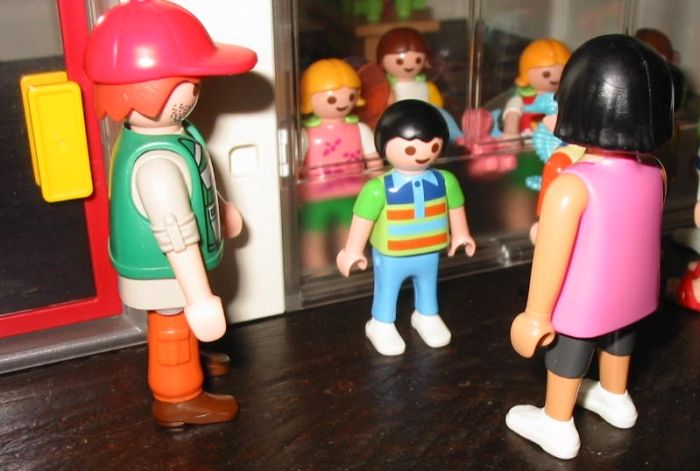
Timothy turned to Paul.
'Can we adopt an orphan, sir?' he asked, 'My Mummy and Daddy are very nice and we have lots to eat and a big garden and I think the orphan will be very happy.'
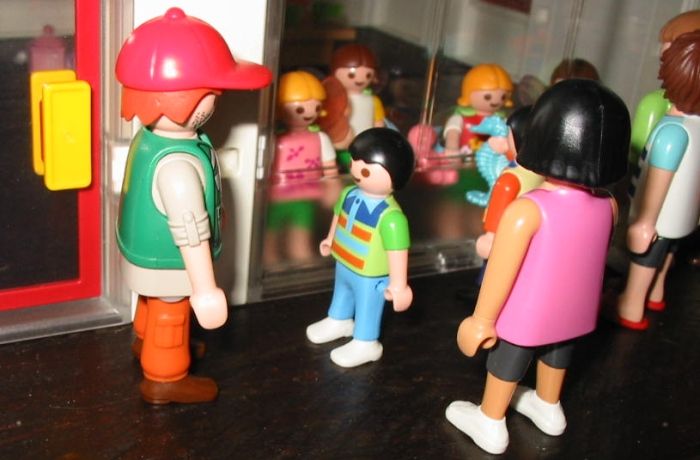
'No, young man,' said Paul, 'It is a nice gesture, but fairies are happiest in their own environment and with their own kind. These orphans will grow up and live with other fairies, free in the meadow or forest or to choose their own garden. This is what is best for them.'
'Come along Timothy,' said Ruth, 'You know really that fairies need to live free in the wild.'
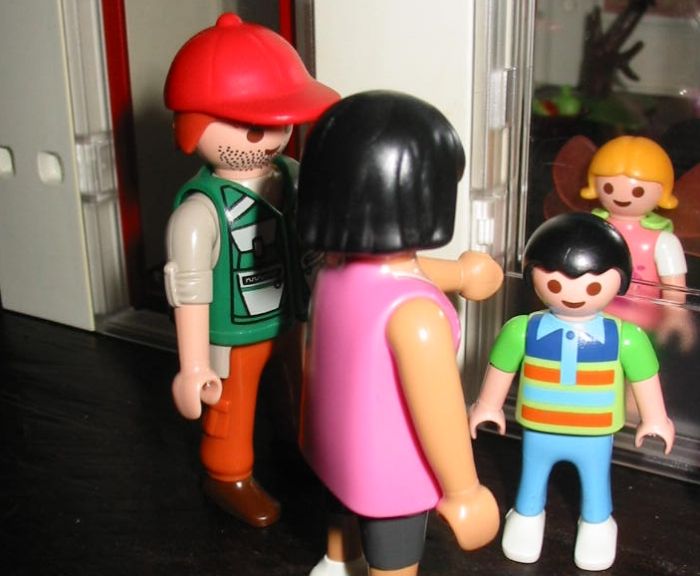
'But these ones aren't free in the wild,' objected Timothy, 'And
I think that a fairy child would
like to live in a house and to go to school.'
'I'm sure that the people here know best,' said Ruth, 'So let's just go and see the next fairies now.'
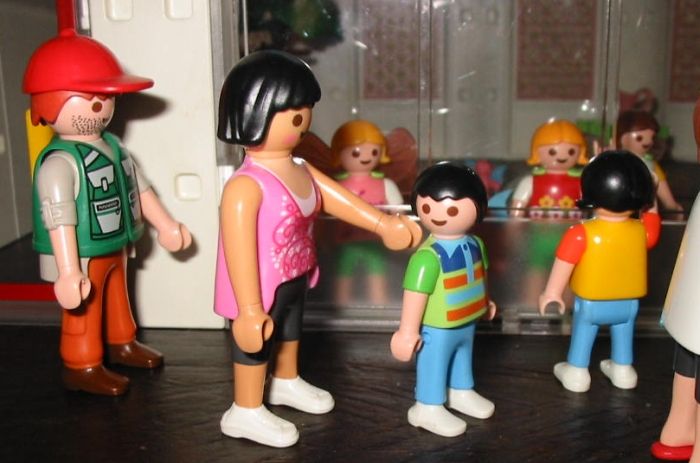 Tomorrow
Tomorrow: Final Part - The End of the Tour